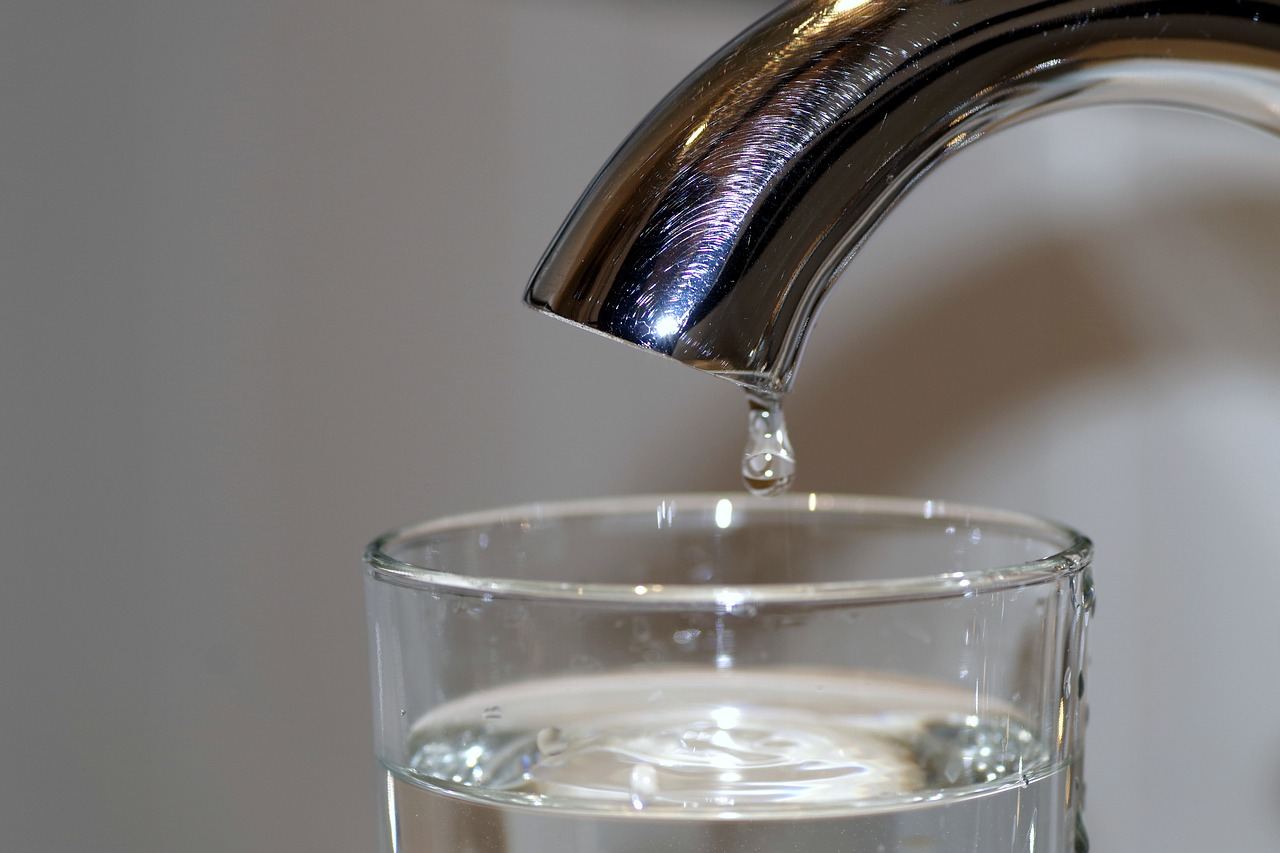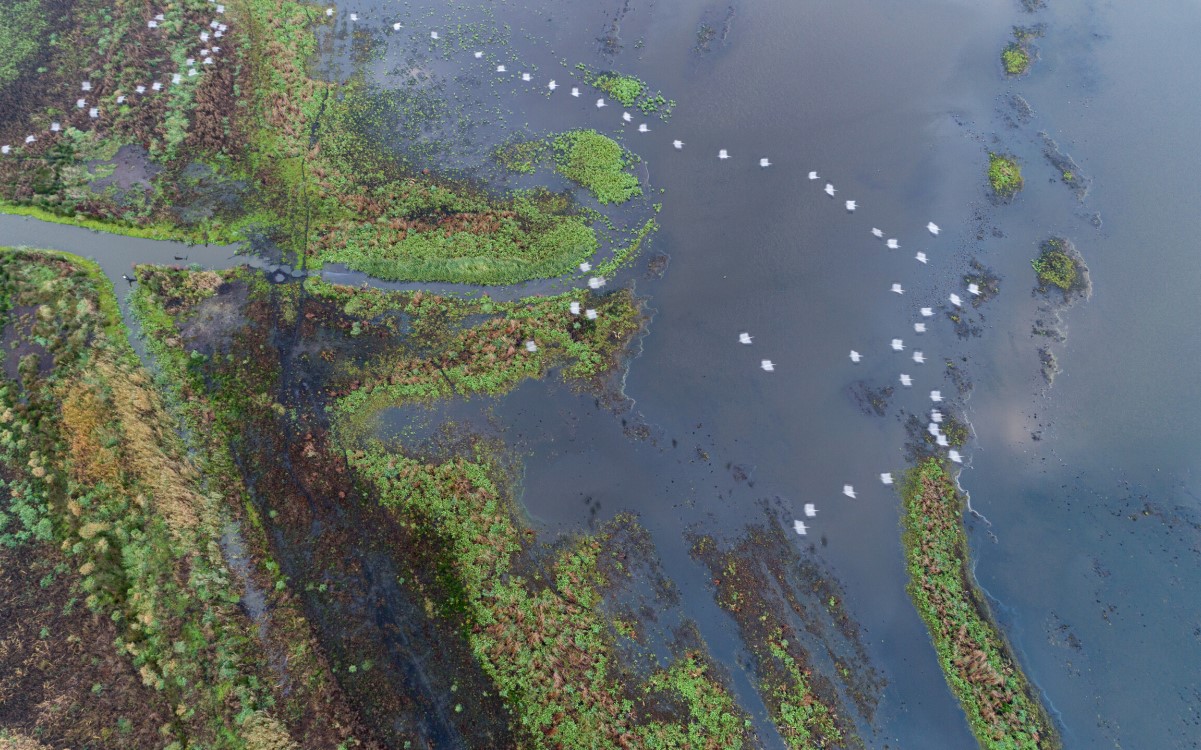Why do EU drinking water rules need to be revised?
Most Europeans are already enjoying tap water of the highest standard in the world. But our analysis has shown there are areas where we need improvement if we want this to remain the case. The very first European Citizens’ Initiative showed that citizens want better access to water services and more transparency.
That is why we decided to modernise the nearly 20-year-old Drinking Water Directive. We propose to update safety standards to deal with new and emerging pollutants. We also propose to give consumers much more information and oversight. All this furthers our drive towards a more circular economy in the hope that many more people will realise it is perfectly safe to drink tap water in Europe.
What benefits do the modernised rules bring for consumers? As a consumer, how can I be sure my tap water is healthy?
Updated standards cover substances that could become a problem in the future, such as endocrine disruptors. The new system will also allow for the better detection and further reduction of risks. This will progressively cover small suppliers, for which there is little information now. In addition, the new rules will ensure that authorities can deal better with public health risks, such as legionella.
Consumers will have more information on the quality of their tap water, and on how efficiently service providers supply it. This will empower them to supervise providers better. They will also have online access to information on precious nutrients, such as calcium or magnesium, and advice on how to lower consumption.
The European Citizens’ Initiative on the ‘Right2Water’, signed by 1.8 million people, wanted water to be recognised as a human right. The UN Sustainable Development Goal 6 aims for the supply of safe and affordable water and sanitation to all by 2030. Does this proposal satisfy this demand?
The right to access essential services of good quality, including water, is one of the principles of the new European Pillar of Social Rights. The proposal reflects this principle requiring Member States to improve access to water in general and to ensure access for vulnerable and marginalised groups.
The impact assessment accompanying the proposal found that the significant positive health benefits of safer drinking water supply will clearly offset the moderate additional costs for households. It also looked at affordability. Household spending on water services is expected to increase on EU average only slightly from 0.73 % to 0.76 – 0.77 % of average household income. Since Member States have a margin of discretion (e.g. for subsidies), actual costs would most likely be lower.
What do Member States have to do? Will there be additional costs for national and/or local governments?
The role of central and regional authorities is key to success, in particular how they apply the new safety concept, the so-called risk-based approach, on the ground. We expect that the initial stages will be more demanding in some countries since they require new ways of working to assess potential risks. But we are confident that in the medium term this approach will pay off and lead to substantially lower costs for public authorities.
Continues on next page.
Safer drinking water for all Europeans
Kategorie: Sonstiges
Thema: Water Solutions
Autor: Jonas Völker
Das könnte Sie auch interessieren:
Passende Firmen zum Thema:
Publikationen
Sie möchten die gwf Wasser + Abwasser testen
Bestellen Sie Ihr kostenloses Probeheft
Überzeugen Sie sich selbst: Gerne senden wir Ihnen die gwf Wasser + Abwasser kostenlos und unverbindlich zur Probe!







